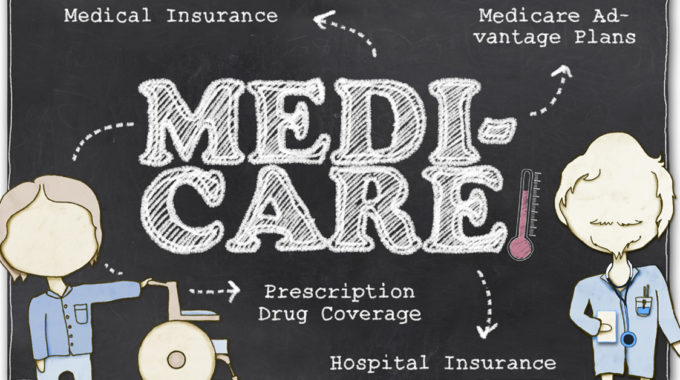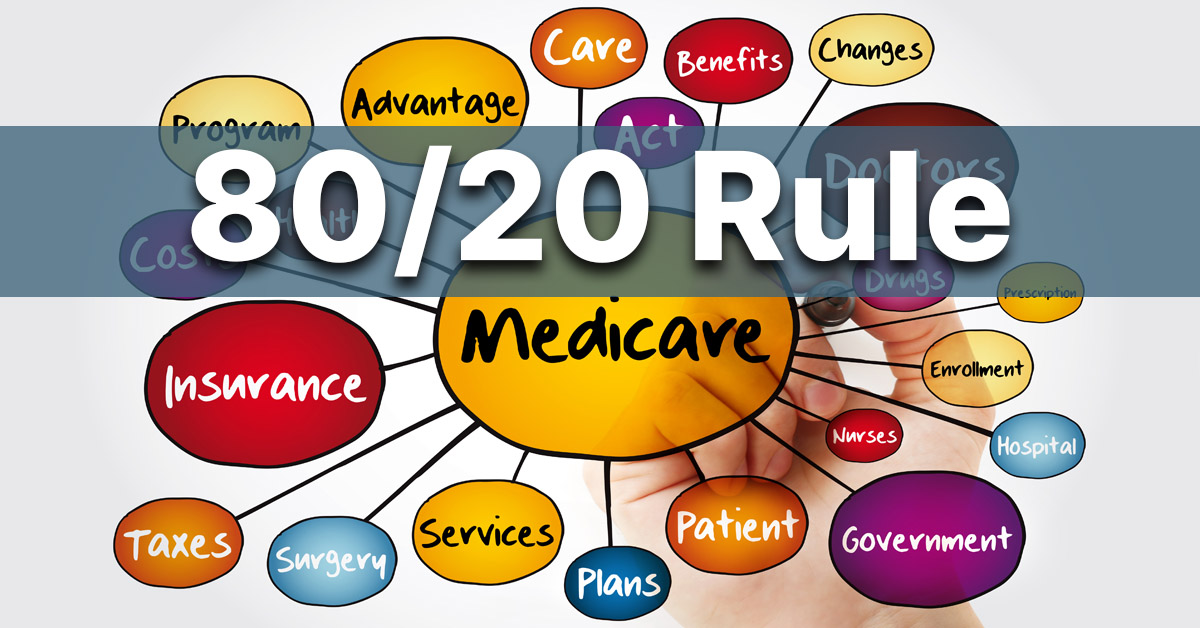
Medicare Advantage Associated with Lower Quality Home Health
Compared to people with traditional Medicare, people with Medicare Advantage plans prove more likely to receive home health from low-quality agencies and less likely to receive care from high-quality agencies. This is according to a study published recently by the Journal of the American Medical Association.1
What Are Medicare Advantage Plans?
Under Medicare Part C regulations, private insurance companies such as Aetna and Humana can take over a person’s traditional Medicare protections, repackage them, and sell them as Medicare Advantage plans. Seniors may confuse Medicare Advantage plans with supplemental plans, but they are not. Medicare Advantage plans take away and replace an individual’s traditional Medicare benefits. First offered to the public in 2004, adoption has been slow. After sixteen years of heavy advertising, Medicare Advantage plans have a 34% share of the total Medicare market.
How Many Medicare Advantage Plans Are There?
This year is seeing a record number of Medicare Advantage plans available. With 14 new insurance companies entering the Medicare Advantage market, there are 3,148 plans publicly available. The average American can choose between 28 plans. However, as private insurance companies, they continue to neglect rural areas and U.S. territories. Seventy-seven US counties have no publicly available Medicare Advantage plans, and the number of plans is shrinking in Hawaii, Indiana, Maryland, Puerto Rico, and Utah.
The Study Comparing Home Health Through Traditional Medicare Versus Medicare Advantage
The study was out of Brown University School of Public Health and funded in part by the National Institute on Aging. Margot L Schwartz, MPH and colleagues compared the records of 4,391,980 home health admissions. Among people with traditional Medicare, 30.4% received home health from a high-quality home health agency, and 17.0% received it from a low-quality agency. In unadjusted numbers, people with Medicare Advantage plans were roughly 18% more likely receive home health from a low-quality agency. They were 15% less likely to have care from a high-quality agency.
How Did Researchers Evaluate Home Health Quality?
The research team used Medicare’s star-rating system for home health to rank the quality of agencies. This five-star system is based on nine quality measures. The study authors categorized agencies with less than a three-star rating as low quality. They ranked agencies with a four-star rating or higher as high quality.
Do Some Medicare Advantage Plans Offer Better Home Health Than Others?
The association of lower home health quality and Medicare Advantage coverage does seem to vary by plan quality. Schwartz’s research team divided Medicare Advantage plans by their scores in ratings as well. In risk-adjusted models, the plans with high star ratings were still 13% more likely to give people low-quality home health and 10% less likely to give high-quality home health. That was among plans with 4 stars or higher on a 5-star scale. Among the Medicare Advantage plans with star-ratings under 4, the situation looks even worse. People with those plans received their home health from low-quality agencies up to 38% more often.
Why Would Medicare Advantage Results in Lower-Quality Home Health?
The current study measures an association, but not causation. We can only theorize about how and why Medicare Advantage beneficiaries would not receive the same quality home health as people with traditional Medicare. Medicare guarantees seniors the right to choose their own healthcare providers, but people who surrender their Medicare benefits to a Medicare Advantage plan also sign away their right to choose. Medicare Advantage plans decide which home health agencies, nursing homes, etc. their customers get to use. Presumably, this would involve price negotiations. Perhaps the lower pay of Medicare Advantage plans over the past 15 years has put downward pressure on the quality of care.
Are There Quality Concerns About Medicare Advantage Plans?
The authors of the current study write that there is no conclusive data that Medicare Advantage plans result in lower quality care. Medicare Advantage plans make it difficult to evaluate quality of care, because their claims data lacks the detail of data in traditional Medicare. However, in addition to the association with lower quality home health, there are numerous areas of concern.
- Medicare Advantage is also associated with greater use of low-quality skilled nursing facilities.2
- Investopedia’s Tim Parker notes that Advantage plans often only operate in certain regions.3 People who travel or snowbird may find themselves paying high, out-of-network fees. Original Medicare, on the other hand, pays the same throughout the country.
- Stanford economists report that traditional Medicare spends 33% more directly on patient care. Advantage plans keep 30% of the Medicare money for themselves and pay for other things such as executive salaries and shareholder profits.4
- After surgery, people with Advantage plans are more likely to be sent straight home. Patients with traditional Medicare more often get to recuperate in the hospital with post-surgical care.
- People with Advantage plans are more likely to go straight home from the hospital and less likely to enjoy recuperation time and rehabilitation at a nursing home.4
- Similarly, Advantage plan beneficiaries get to see specialists less often.4 Traditional Medicare allows direct access to specialists while Advantage Plans typically require insurance pre-approval.
References:
- Schwartz ML, Kosar CM, Mroz TM, Kumar A, Rahman M. Quality of Home Health Agencies Serving Traditional Medicare vs Medicare Advantage Beneficiaries. JAMA Network Open. 2019 Sep 4;2(9):e1910622-.
- Meyers DJ, Mor V, Rahman M. Medicare Advantage enrollees more likely to enter lower-quality nursing homes compared to fee-for-service enrollees. Health Affairs. 2018 Jan 1;37(1):78-85.
- Epstein L. Pitfalls of Medicare Advantage Plans. Investopedia. June 25, 2019.
- Curto V, Einav L, Finkelstein A, Levin J, Bhattacharya J. Health Care Spending and Utilization in Public and Private Medicare. American Economic Journal: Applied Economics. 2019 Apr;11(2):302-2.






